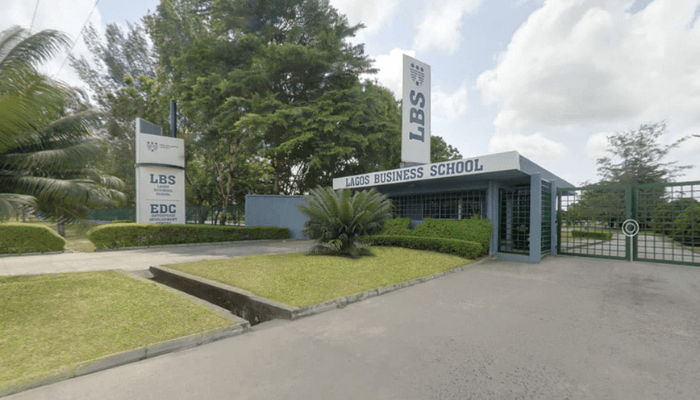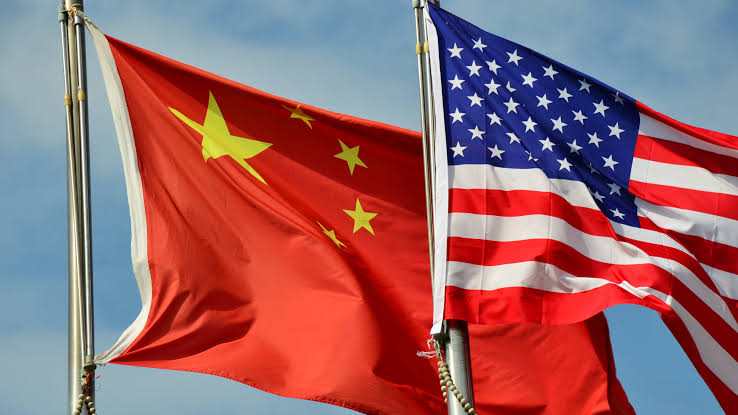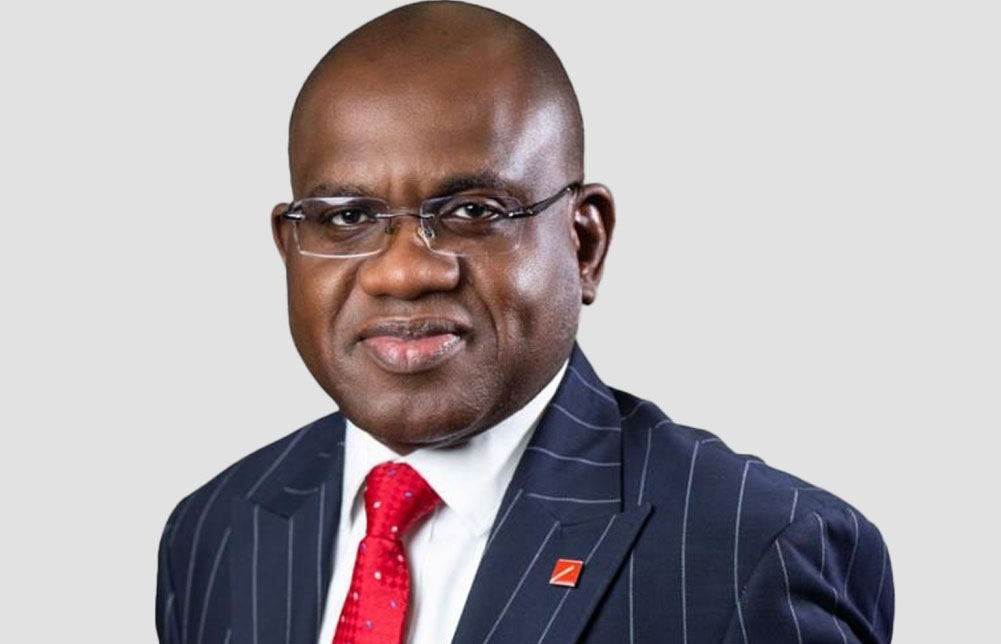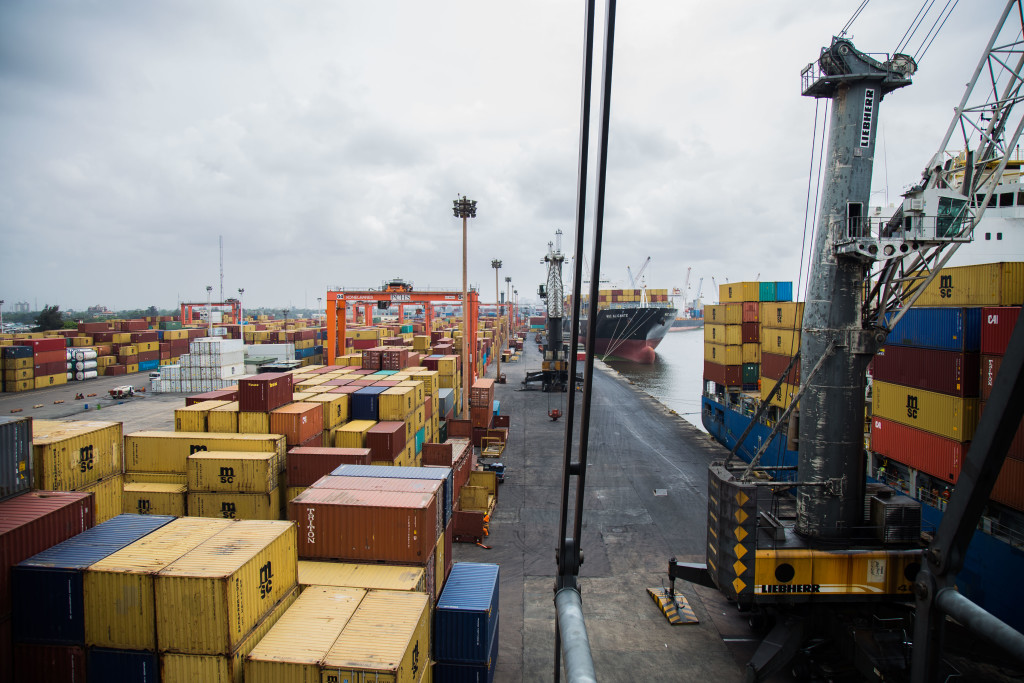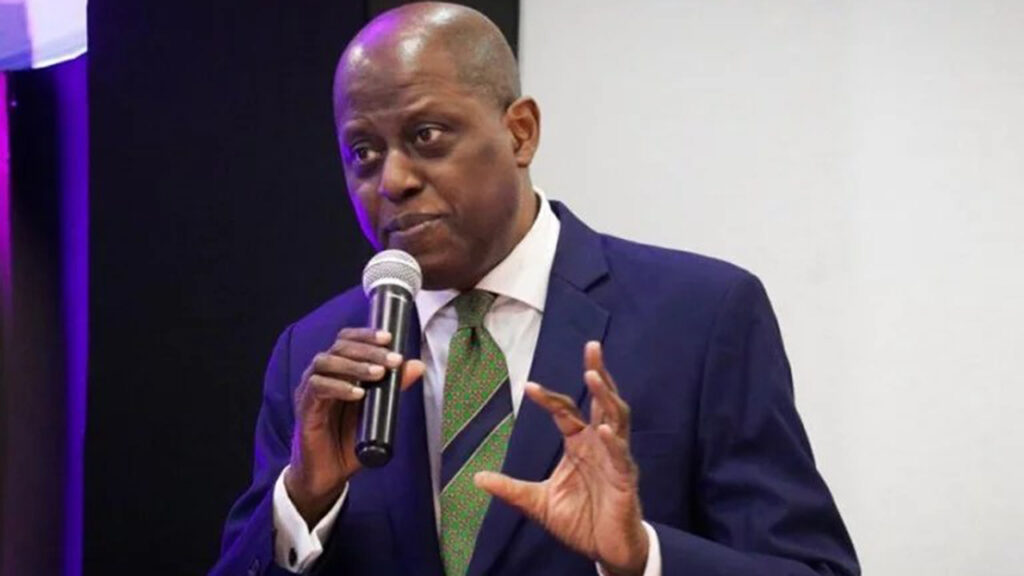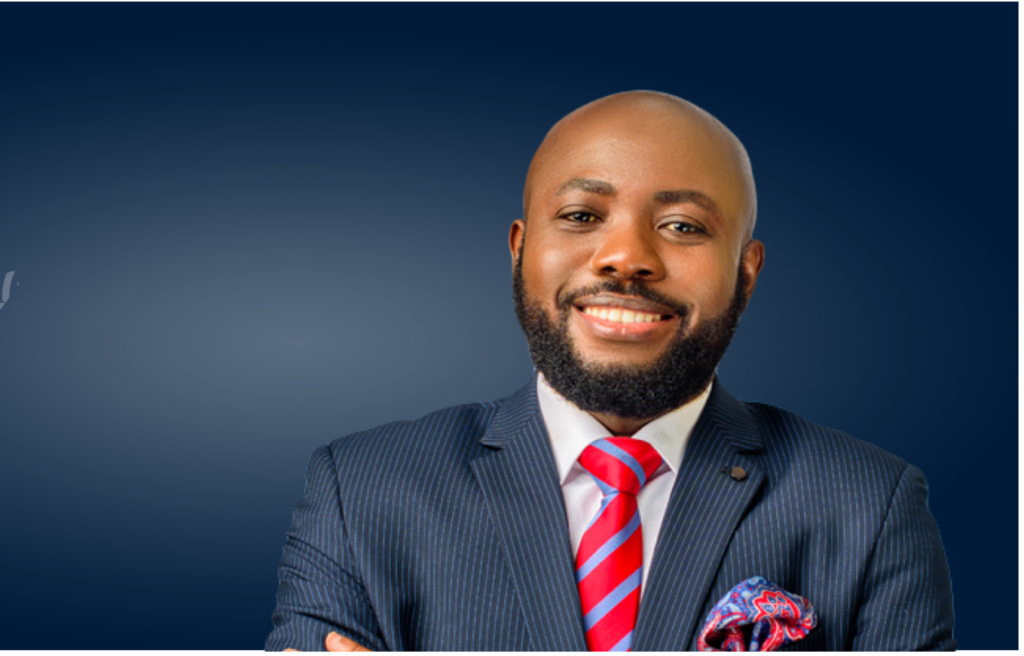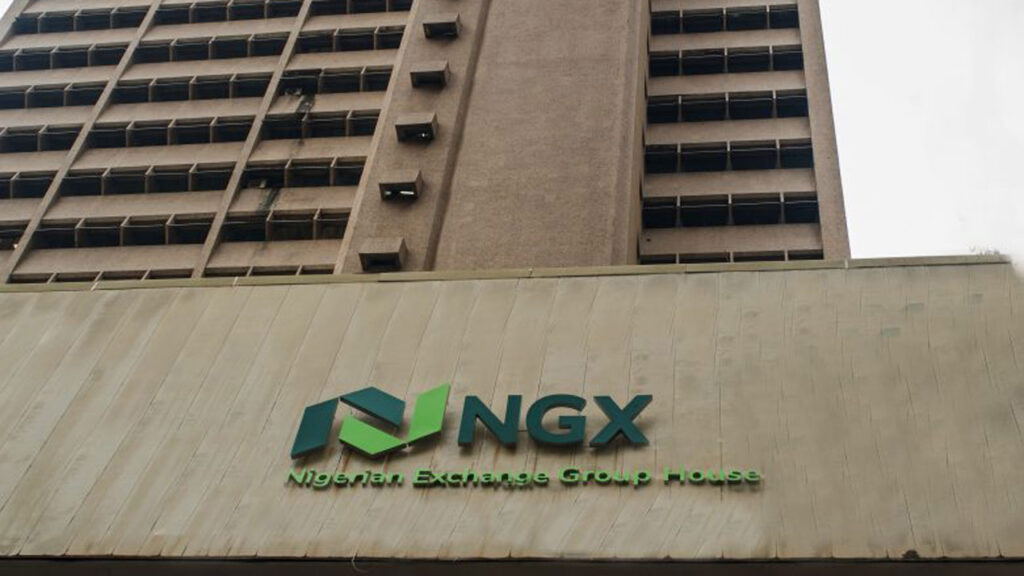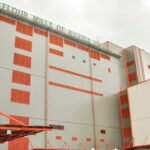
Chief executives of firms have been advised to explore alternative business models such as import substitution to insulate their operations from FX-related shocks and other challenges.
The Chief Executive Officer of Flour Mills of Nigeria Plc, Boye Olusanya, advised a forum entitled, ‘Lagos Business School Chief Financial Officer Conference’ in Lagos’. He lamented that the unstable economic environment has made it a tall order for firms to hedge against the continued depreciation of the local currency.
Olusanya noted that the biggest challenge to a firm is ‘sitting and looking at ways to manage business by looking for divergent inflows that are non-FX driven.’He argued that the way out is for organisations that require a huge volume of Foreign Exchange to think out of the box and come up with models that can help mitigate the challenge.
Group Chief Operating Officer of Waltersmith Group, Alex Osho, said although firms usually have several tools to hedge against currency depreciation, the measures are often incongruent within the context of Nigeria’s economy.
He said: “There is no liquidity. For all the companies that declared huge FX losses, it is not as if the CFOs didn’t know what to do or have a way around it. It is just that they were helpless to a large extent. What tends to happen is that companies that have a natural hedge tend to fare better. Natural hedge means that your revenue sources match your funding sources. That is why many companies are looking for revenue sources by having an export route. Without that, it is difficult.”
The Dean of Lagos Business School, Prof. Chris Ogbechie, argued that the role of a CFO has never been more pivotal especially because businesses were grappling with inconsistent government policy and a vast array of challenges in the macro-economic environment.
“CFOs are stewards of financial health and custodians of strategic decision-making. By assuming the role of strategic architects, CFOs contribute to shaping the future direction of the organisation, driving growth, managing risks, and maximising shareholder value,” he said.
The Group Chief Executive Officer, Dangote Industries Ltd, Kunle Alake, who was represented by DIL’s Technical Lead, Finance Office of the Vice President, Isah Aruwa, emphasised that the CFO has to be at the forefront of driving sustainable growth and managing risks such as currency risks, security risks, and others.
He also advised CFOs to pay attention to foreign exchange management, as it could have devastating consequences for any business. Chief Executive Officer, the Financial Reporting Council of Nigeria, Rabiu Olowo, represented by the Council’s Coordinating Director, Accounting Standards and Sustainability Reporting Unit, Iheanyi Anyahara, said that to unlock Foreign Direct Investment and attract Foreign Portfolio Investment (FPI) in Nigeria companies must incorporate sustainability reporting in their annual reporting.
Speaking on ‘Beyond Numbers: The Strategic Role of CFOs in Sustainable Business Leadership’, the Group CFO of Ecobank Transnational Incorporated, Ayo Adepoju said that the CFOs must see themselves as the Chief Performance Officer. He added that it was important for the credibility of the CFOs to remain intact because people are usually in the habit of looking at the message through the prism of the messenger. Adepoju also observed that CFOs must observe changes in the business world and understand how these changes will shape the future.

